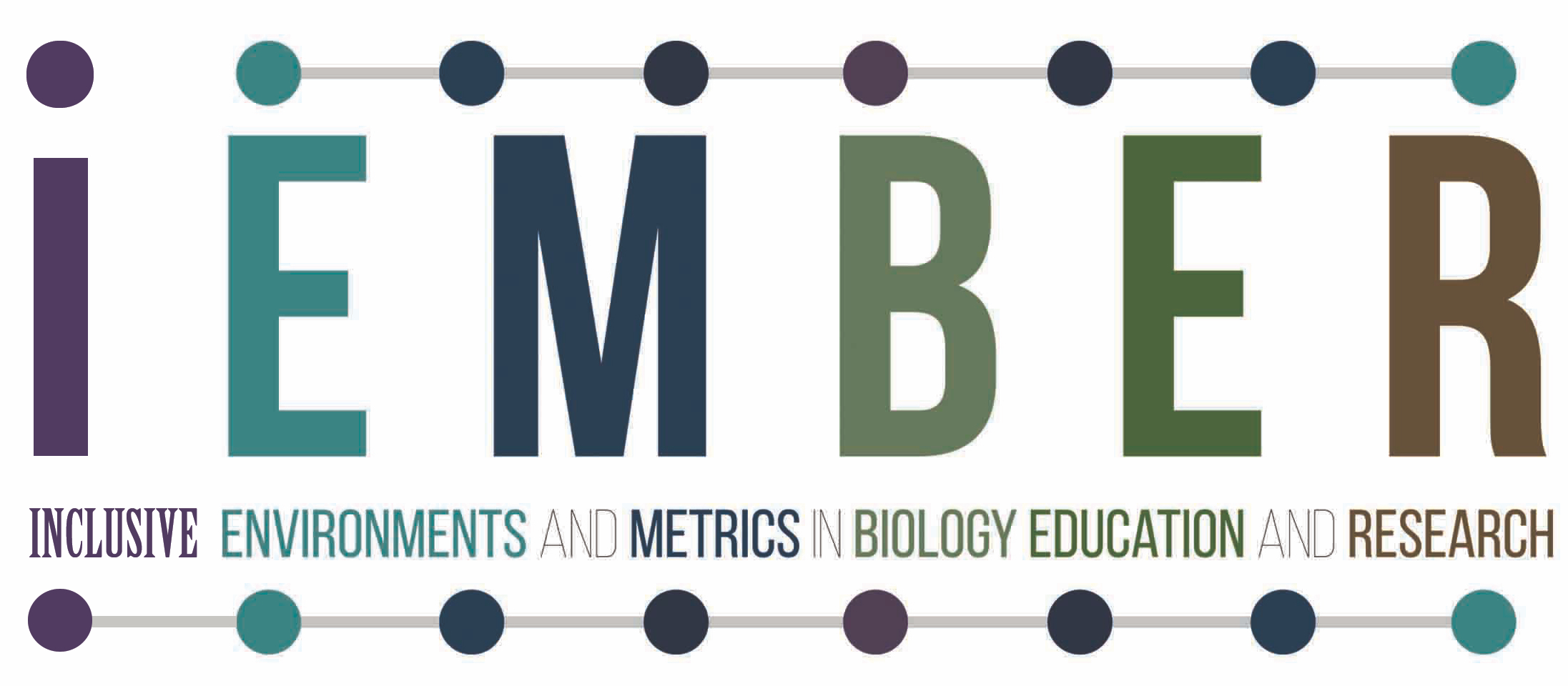The impact of diversifying and humanizing science role models on student attitudes and interest in science careers
Author(s): Robin Costello1, Emily Paige Driessen1, Melissa Kjelvik2, Elizabeth Schultheis3, Ash Zemenick4, Marjorie Weber2, Cissy Ballen1
1. Auburn University 2. Michigan State University 3. Kellogg Biological Station LTER 4. Sagehen Creek Field Station
1792 total view(s), 258 download(s)
iEMBER2022_Costello.pdf(PDF | 3 MB)
iEMBER2022Costello.png(PNG | 3 MB)
- License terms
Description
The majority of scientists featured in undergraduate educational resources do not reflect the diversity within the scientific community, nor do they match the identities of students reached by these resources (Wood et al. 2020). According to the stereotype boost theory (Shih et al. 2011), increasing the visibility of successful scientists (i.e. role models) with diverse backgrounds is expected to positively impact students who have been traditionally excluded from science.
In this study, we quantified how introducing scientist role models into data literacy instruction affects student interest in science and dissect what features of role models are important for creating change in student attitudes. We implemented data literacy activities in 34 different undergraduate biology courses across the US during fall 2021. The data literacy activities were created with authentic data collected by scientists from a variety of historically excluded backgrounds and were paired with one of three treatments that varied in the extent to which they exposed students to the diverse identity and the humanity of the scientist.
We found that the impact of science role models depends on student racial identity (interest in quantitative literacy: χ2 = 6.86, p = 0.03; interest in science careers: χ2 = 6.20, p = 0.04; scientific self-efficacy: χ2 = 6.68, p = 0.04) but not on gender identity (interest in quantitative literacy: χ2 = 0.49, p = 0.78; interest in science careers: χ2 = 0.26, p = 0.88; scientific self-efficacy: χ2 = 3.90, p = 0.14). Incorporating diverse and humanized role models into data literacy activities increased interest in quantitative biology among persons excluded due to their ethnicity or race (PEERs). With only a picture of a diverse scientist, PEERs were less discouraged from pursuing a career in science. When science role models were not included, gains in scientific self-efficacy were smaller among PEERs compared to their white classmates.
Overall, our results underscore the importance of diverse and humanized scientists role models during data literacy instruction and provide additional empirical support for the stereotype boost theory.
Cite this work
Researchers should cite this work as follows:
- Costello, R., Driessen, E. P., Kjelvik, M., Schultheis, E., Zemenick, A., Weber, M., Ballen, C. (2022). The impact of diversifying and humanizing science role models on student attitudes and interest in science careers. Inclusive Environments and Metrics in Biology Education and Research (iEMBER), QUBES Educational Resources. doi:10.25334/8DEN-ZA80
